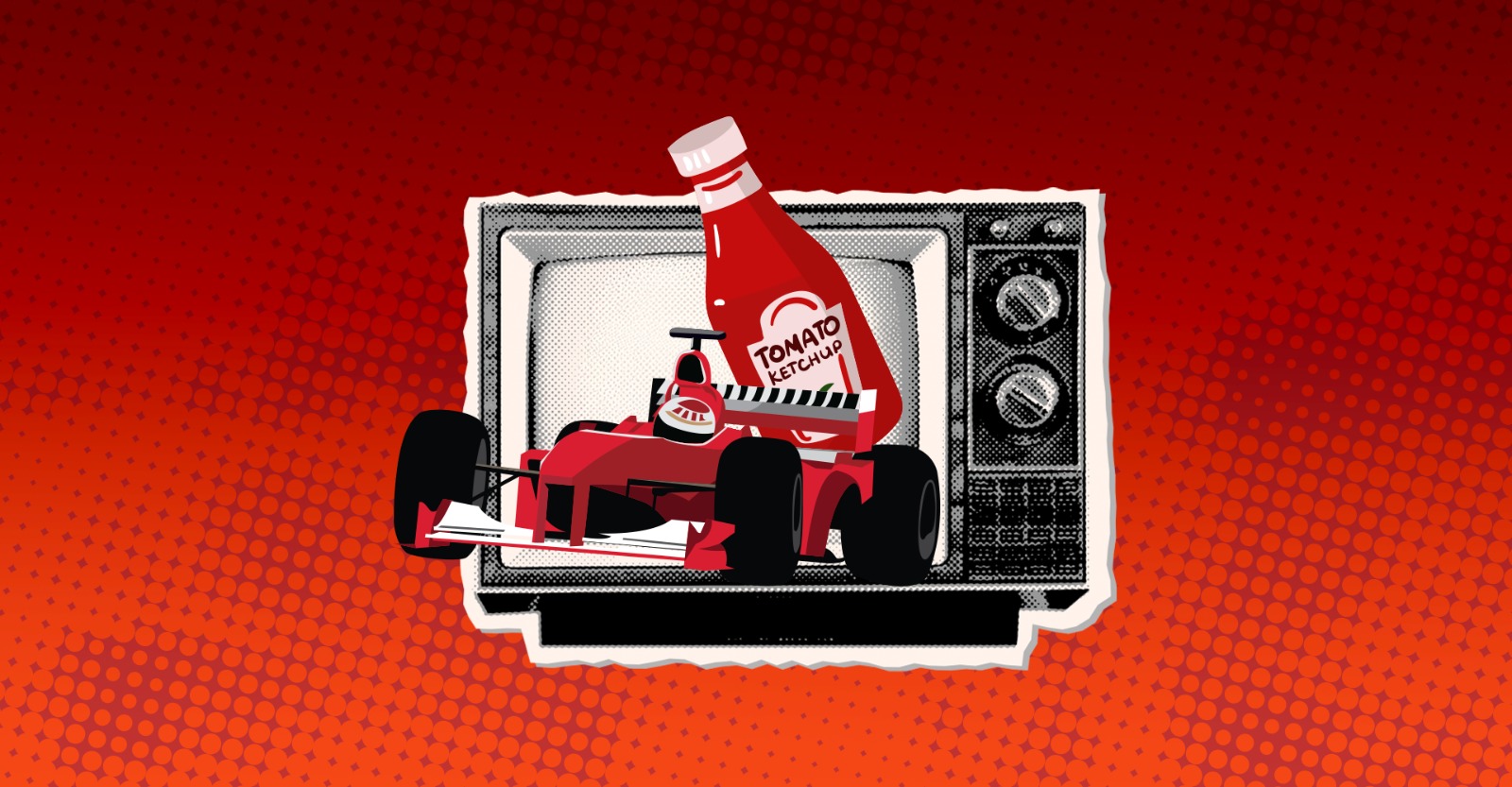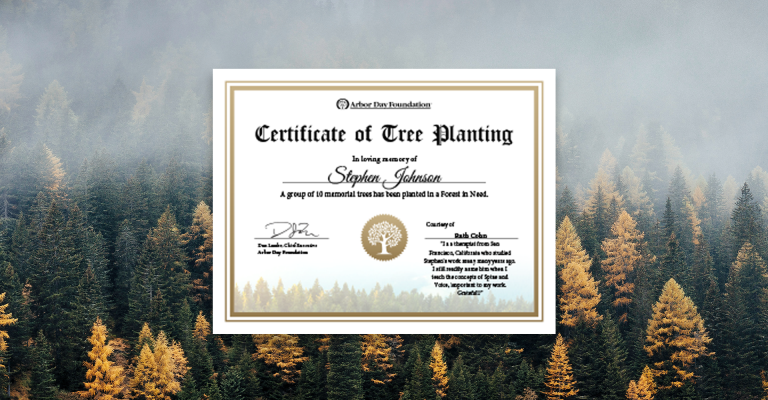When I asked one of my esteemed colleagues at the Transform Trauma Oxford 2025 Conference if he would be in the Bay Area (where I live) any time soon, he said he goes there quite often, to go to Laguna Seca, the local racetrack. His son is a race car driver. I was duly intrigued. This big shot intellectual luminary in my field, not only accepts but proudly supports his son in an unusual, non-academic, and at least to my mind rather high-risk profession. I have never known a real race car driver, although sometimes my husband seemed to be something of an aspirer. I thought, “what a great dad.” In my brief teenage foray into the world of competitive bicycling, neither of my parents ever came to a single race, showed or even had the vaguest interest, let alone regard, for such a pursuit. As long as I got “everything else” done, they tolerated it.
My time in Oxford was filled with moments of reverie. Many extraneous memories floated up, not forgotten, simply not remembered in years. They showed up unbidden, like uninvited guests from a distant past. In one of our restaurant meals, they had tiny, almost doll-sized jars of catsup on the table. I recalled the passion I had as a child, for catsup. My scrambled eggs with catsup, besides being a feast of color, were probably more catsup than eggs. I delighted in it. My dad would menacingly warn me that it would burn holes in my stomach wall. Of course that put a damper on my pleasure. Similarly, he told us if we watched TV, we would get “television eyes.” In those days television screens were rectangular with curved corners; our eyes would become the shape of television screens he warned. So much for non-sanctioned pleasures. At the Oxford restaurant I deliciously scoured three of the little jars.
The conference was filled with sensory and emotional abundance. Oxford is a beautiful little town: picturesque, almost museum-like. The university which elegantly stands pretty much intact, was built mostly in the 15th and 16th centuries. Walking through town or in the elegant halls feels much like dropping into history. I am always proud to brag that my grandmother was one of the first women to graduate from the prestigious Oxford University. Born in 1887, I am guessing she attended college there from about 1907 through her graduation. My grandmother died in 1978. I was at that point too young and self-centered to learn her story. Now when I am there, I feel almost as if I am walking through her story.
This is my third year at this conference; my third visit to Oxford. Like other events or rituals that repeat at roughly the same time each year, it has become a milestone of sorts, like birthdays or turns of the seasons or years. I reflect on what might be different or the same from prior cycles. How have I changed? How has it changed?
Time
Shortly before the conference I turned 70. I have never been one who thought much about age. To be honest, I never really imagined I would make it to 30. Once I got through the worst of my trauma and was more confident and committed to sticking around, I moved through the years without thinking about the numbers too much. Once I hit 60, however, I found myself thinking more about my age and how old people are and how old they look. When I began receiving the offer of “senior discounts” for things, on one hand they were nice little perks, but on other I was horrified. I look like a senior? As if that were a bad thing. Well in the US it kind of is, or at least it’s one of those things that we all try to avoid.
At the conference I found myself thinking about time in all kinds of ways. I was thrilled to be making or consolidating friendships, real friendships, some with people who live far away, but whom I feel so very kindred with. I know that we will see each other and have the blessings of technology to help us stay connected when we are not able to travel across continents or oceans for the wonderful direct contact. Fortunately, most of us have the means. I was struck by the fact that most, if not all of my new close connections are vastly younger than me. But it seemed/seems to not matter.
As a person who thinks developmentally so much of the time, I was deeply heartened by the numbers of young people from all over the world who were there. Interested and committed to healing trauma and learning from the old timers like me. I was aware of my 40 years in this field. My husband often comments that he came into the computer world on the ground floor, when the computers were as big as a room, and used those cards with holes in them. I came into the field when the DSM designation of PTSD was brand new, which gives me a long view. My understanding of trauma and my own story evolved with the march of history and my own healing. And I even have something to teach.
Age is a privilege. Way too many people do not have the luxury. And I have the good fortune of being able to share deeply with these up-and-coming bright minds and hearts that will carry it on. It continues to amaze me that I have lived this long, and also that healing is possible and that I can be this happy in a life that for too many years seemed like something to endure or try and find a way out of. One thing I wanted to say to all those young developing therapists, researchers, coaches and healing souls, is that I never thought I would be the one up there. I was always the silent one sitting in the front row nodding and scribbling. How could this have happened?
Justice
Since I was a little girl, I have had a profound conviction about justice. I am supremely curious and fascinated with how the experience of intergenerational trauma transmits into this passion for righting wrongs. Life only seemed to have meaning insofar as I could do something about this cruel world. For years, without my awareness, the idea was to die a glorious martyr’s death in the process. When I had the great breakdown that landed me in therapy in my twenties it was the crash of that existential crisis and not knowing how to keep living. As I re-constituted myself, healed over many long years, I focused my energies of helping individuals, couples and families, working in the sphere of the micro. It seemed an act of humility to not try and save the whole world. That has certainly been consuming and there has been plenty to learn and do.
However now the world is increasingly becoming a place where the feedback loops of trauma and neglect begetting trauma and neglect is on the micro and the grandest scale. We have no choice but to do both, or so it seems. I found that the new friends that I most deeply connected with at the conference and beyond, are those who seem to be dogged about both. I am finding company, support and comradery with them, and with that part of me, that has been heart-broken, outraged, and quiet. I was happy to discover a kind of re-awakening and coming out to “play,” of that integral part of me. That was another perk of the conference. And it is good to be home! This old introvert has been practicing spine and voice, and I am ready for some of quiet and the sweet regulation of stirring my neglected cheese vat.



